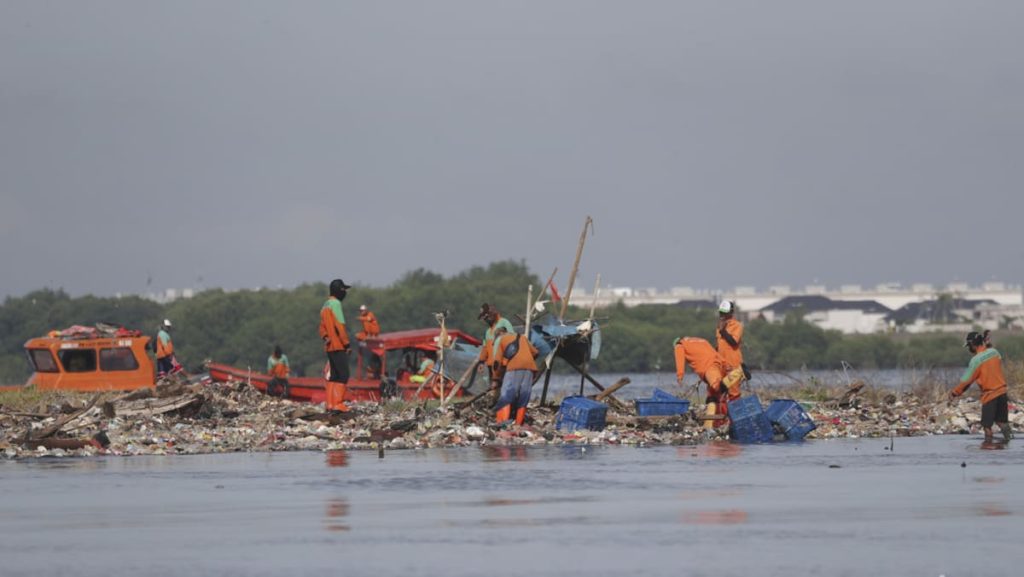The capital city currently has about 65 per cent accessibility to clean water, and authorities have set an ambitious target of 100 per cent by 2030. To achieve this goal, the government is speeding up clean water pipeline construction in Jakarta. The Jakarta Water Resources Department is working on building pipes in the Special Region of Jakarta to ensure that all areas that have not been served by piped water will now have access, reducing the need for residents to pump well water which can lead to land subsidence, particularly in areas like North Jakarta.
Residents like Yulia Mayau, who currently purchases clean water from neighbors, find the cost of acquiring clean water to be a significant burden. It costs her about US$1.85 to fill up an hour’s worth of water which only lasts her three days. After that, she has to wait to refill her supply once again. Installing a pump or network for clean water services can be challenging, with water service providers requiring at least 10 houses to install it in a particular area. This poses difficulties for residents, especially in areas prone to pump failures and jams, like those towards the sea.
Local residents who sell their water supply to others have faced legal consequences for their actions. One resident who was caught selling water after a spot check by authorities was fined US$300 for the violation. In some cases, residents living within 80 meters of the sea can access a 2,000L water storage tank, but leaks in the tank lead to water running out faster than expected, creating further challenges for residents in obtaining a sufficient clean water supply. Despite efforts to improve access to clean water, legal restrictions and infrastructure challenges continue to impact residents’ ability to secure this essential resource.
The construction of clean water pipelines is part of a larger effort by the government to improve clean water accessibility to all residents in Jakarta. By expanding the pipeline system, the authorities aim to reduce reliance on well water pumping, which can have detrimental effects on the environment, particularly in areas like North Jakarta. Residents like Yulia Mayau, who struggle with the costs and challenges of obtaining clean water, stand to benefit from the completion of these pipelines and the provision of a reliable, affordable water supply to their homes.
Improving clean water accessibility is not only a matter of convenience for residents but also a crucial public health concern. With many residents currently relying on alternative sources of water that may not meet safety standards, ensuring access to clean water through pipelines is essential for preventing waterborne diseases and promoting overall well-being. By investing in clean water infrastructure and addressing legal restrictions on water sales, authorities can take significant steps towards achieving their goal of 100 per cent clean water accessibility by 2030, benefiting the health and livelihoods of all residents in the capital city.


